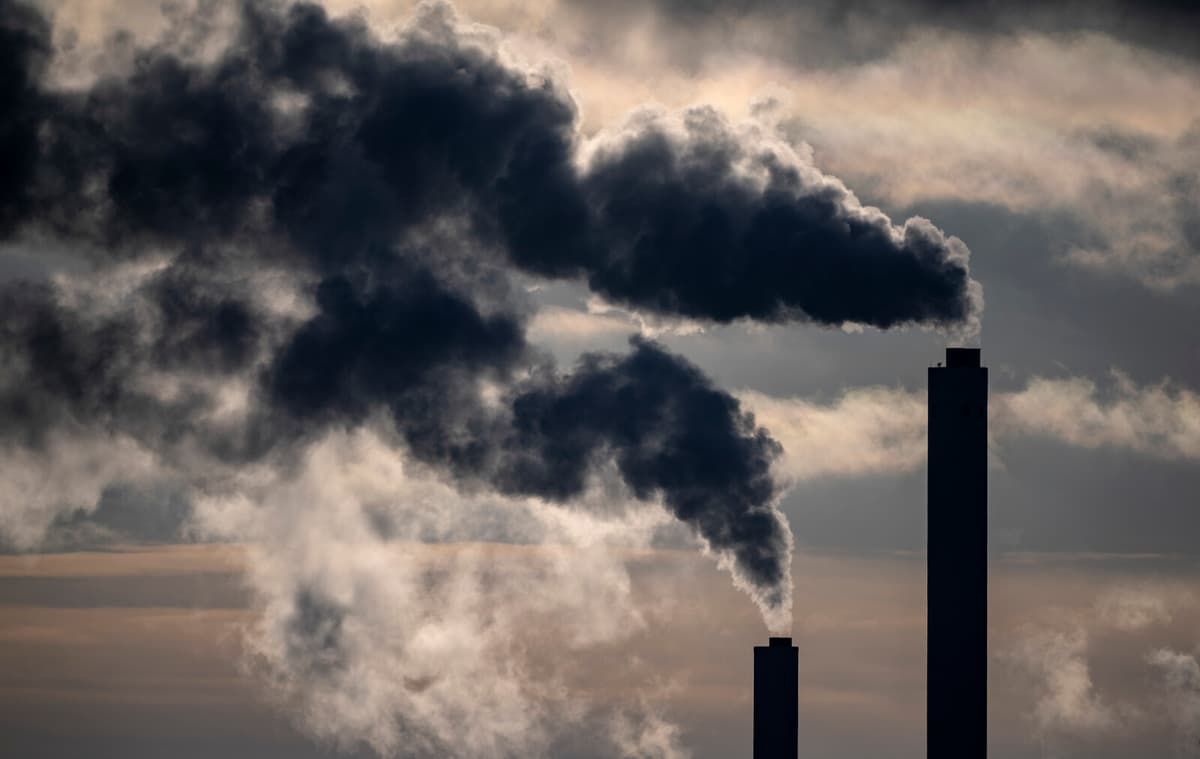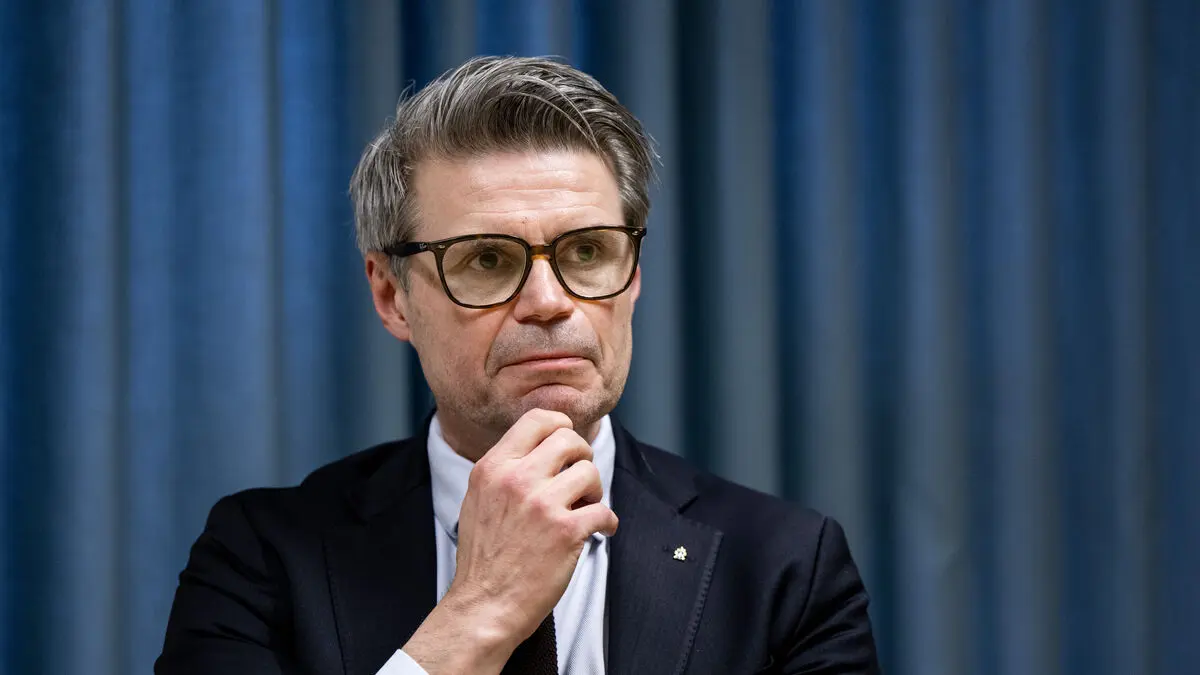9.2 percent – the second-highest price increase in 30 years. This was the result of the district heating companies' price increases in 2025, only surpassed by last year's record increase of 15.2 percent. Over five years, the annual cost of heating has increased by an average of 40 percent or 4,500 kronor for an apartment.
For a residential building, heating is often the largest or second-largest expense item, depending on how high the interest costs are.
A increasingly larger part of the costs is being placed on district heating. Then other things have to be prioritized down, and then households also have less room to put their money on other things, says Rikard Silverfur.
Lack of explanation
District heating companies have a certain form of monopoly. Yes, it is possible to switch to other heating alternatives, and Rikard Silverfur thinks he sees such a development. But it's not easy and not free.
District heating has its lock-in effects and it's not entirely easy to switch, he says.
Silverfur lacks, above all, an explanation for why prices are skyrocketing. Fuel costs have risen, that's certainly an explanation, but it doesn't explain the enormous price differences that appear in the Nils Holgersson group's annual measurement.
Some municipalities have increased by around 30 percent just in the last year. Compared to the most expensive municipality, Älvdalen, the district heating price is not even half as high in the cheapest, Luleå.
Demanding action
Energiföretagen explains the large price increases with almost doubled biofuel prices due to Russia's war of aggression against Ukraine.
This has meant missed imports from Russia, Ukraine, and Belarus to the EU, says Energiföretagen's spokesperson Erik Thornström.
However, prices have begun to stabilize now, but that doesn't necessarily mean that district heating prices will be lowered.
It's difficult to predict given the uncertain world, says Thornström.
Energiföretagen is calling for measures to compensate the district heating sector when the government now introduces targeted measures with reduced energy tax on electricity and high-cost protection for electricity and gas customers.
We see that an effective measure could be to reduce the energy tax on electricity for district heating's electric boilers and heat pumps.
Olle Lindström/TT
Fact: Nils Holgersson group
TT
The Nils Holgersson group consists of representatives from Bostadsrätterna, Fastighetsägarna, HSB Riksförbund, Hyresgästföreningen riksförbundet, Riksbyggen, and Sveriges allmännytta
Since 1996, the Nils Holgersson group has published the report "Fastigheten Nils Holgerssons underbara resa genom Sverige".
In the report, facts about price levels and price differences that exist between different municipalities for waste collection, water and sewage, electricity, and district heating are presented.
Source: Nils Holgersson group






